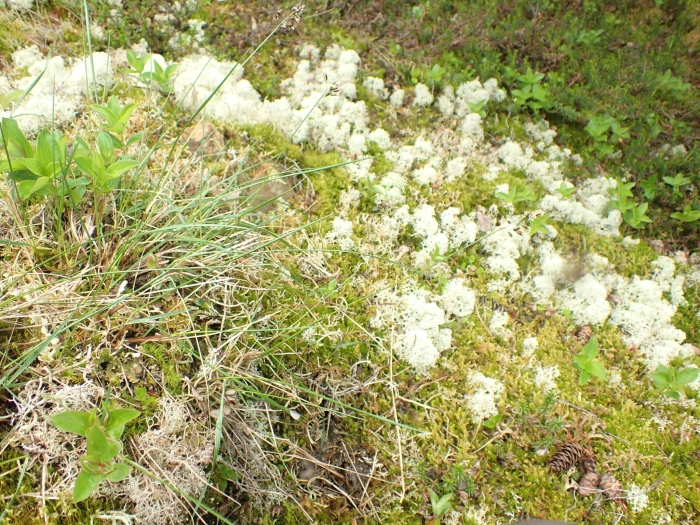Alpine Sweetgrass
(Anthoxanthum monticola)
Alpine Sweetgrass (Anthoxanthum monticola)
/
/

Matt Bowser
CC BY 4.0
Image By:
Matt Bowser
Recorded By:
Copyright:
CC BY 4.0
Copyright Notice:
Photo by: Matt Bowser | License Type: CC BY 4.0 | License URL: http://creativecommons.org/licenses/by/4.0/ | Rights Holder: Matt Bowser | Publisher: iNaturalist | Date Created: 2023-07-11T15:41:44-07:00 |
























Estimated Native Range
Summary
Anthoxanthum monticola, commonly known as Alpine Sweetgrass, is a perennial herbaceous plant native to alpine and subalpine grasslands, as well as rocky slopes in the mountains of Europe and Asia. It typically grows up to 30 cm tall and is known for its sweet, vanilla-like fragrance, especially when the foliage is crushed or when it blooms in early to mid-summer. Alpine Sweetgrass forms dense tufts of narrow, green leaves and produces small, inconspicuous flowers that are wind-pollinated. The plant is valued for its aromatic qualities and is often used in traditional medicine and perfumery.
Alpine Sweetgrass is appreciated for its fragrance and is sometimes used in ornamental gardening for its ability to add texture and scent to rock gardens and alpine collections. It thrives in moist, well-drained soils and can tolerate a range of light conditions from full sun to partial shade. While it is not a high-maintenance plant, it does require consistent moisture to perform well. Gardeners may propagate it by seed or by dividing clumps in the spring. It is generally pest and disease-free but can suffer from root rot if grown in poorly drained soils.CC BY-SA 4.0
Alpine Sweetgrass is appreciated for its fragrance and is sometimes used in ornamental gardening for its ability to add texture and scent to rock gardens and alpine collections. It thrives in moist, well-drained soils and can tolerate a range of light conditions from full sun to partial shade. While it is not a high-maintenance plant, it does require consistent moisture to perform well. Gardeners may propagate it by seed or by dividing clumps in the spring. It is generally pest and disease-free but can suffer from root rot if grown in poorly drained soils.CC BY-SA 4.0
Plant Description
- Plant Type: Grass
- Height: 0.3-1 feet
- Width: 0.3-0.5 feet
- Growth Rate: Moderate
- Flower Color: N/A
- Flowering Season: Summer
- Leaf Retention: Deciduous
Growth Requirements
- Sun: Full Sun, Part Shade
- Water: Medium
- Drainage: Medium, Fast
Common Uses
Border Plant, Low Maintenance, Rock Garden
Natural Habitat
Native to alpine and subalpine grasslands and rocky slopes in the mountains of Europe and Asia
Other Names
Common Names: Mountain Vernal Grass
Scientific Names: , Anthoxanthum monticola, Aira alpina, Anthoxanthum monticola f. monstruosa, Anthoxanthum monticola subsp. alpinum, Anthoxanthum monticola subsp. orthanthum, Dimesia monticola, Dimesia monticola, Hierochloe alpina, Hierochloe alpina f. alpina
GBIF Accepted Name: